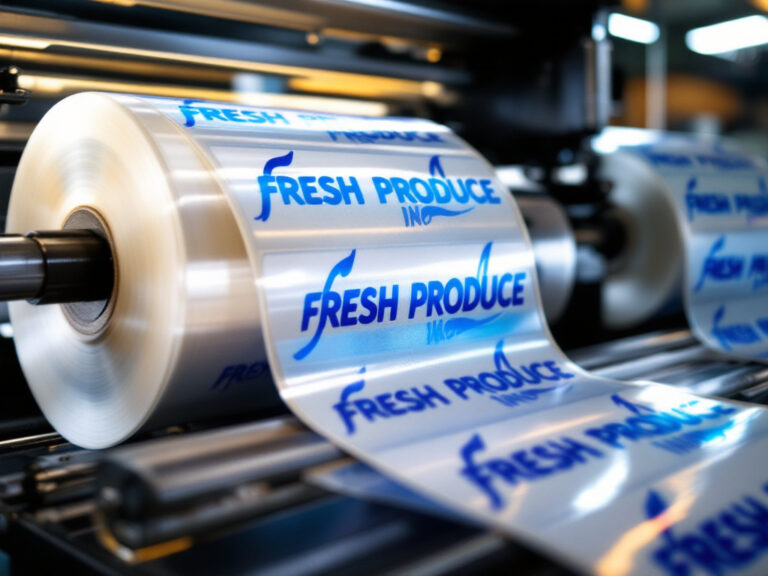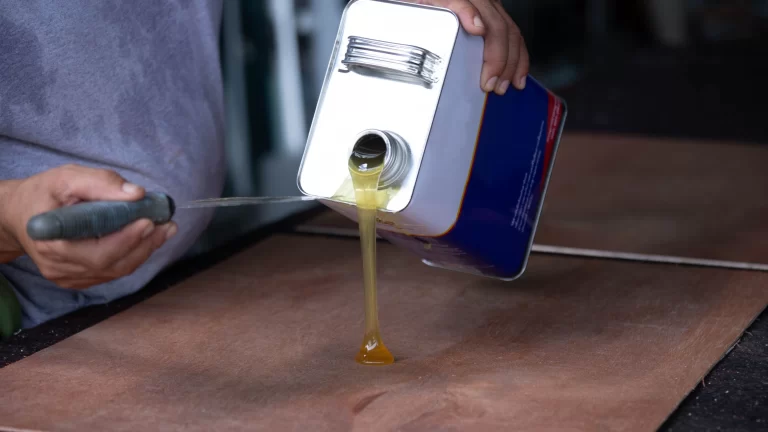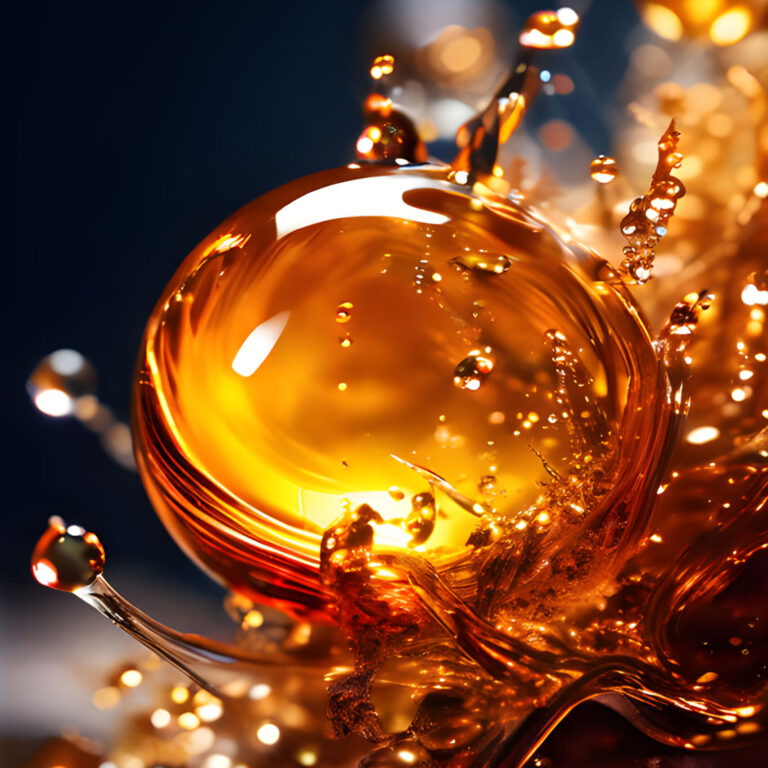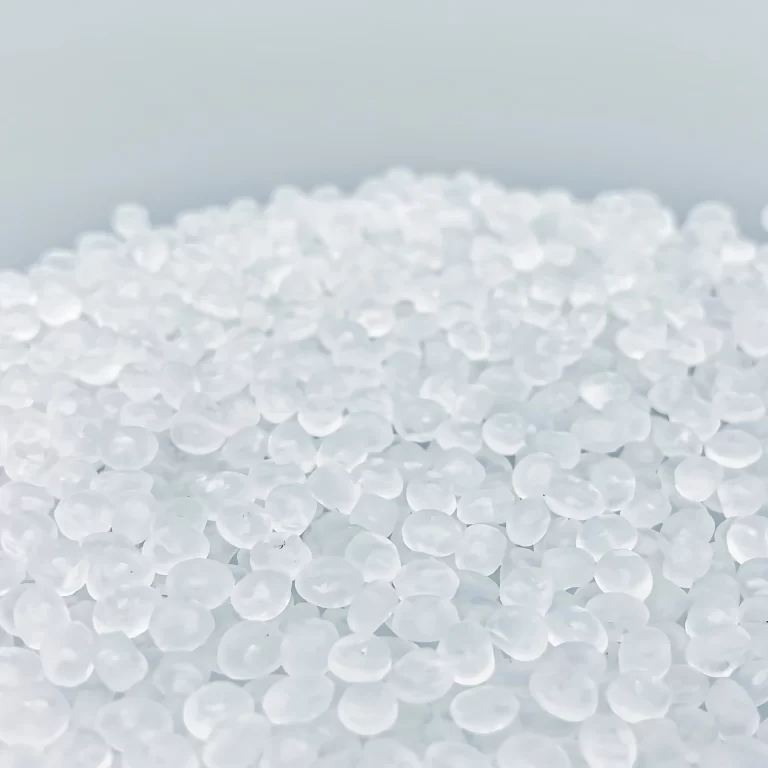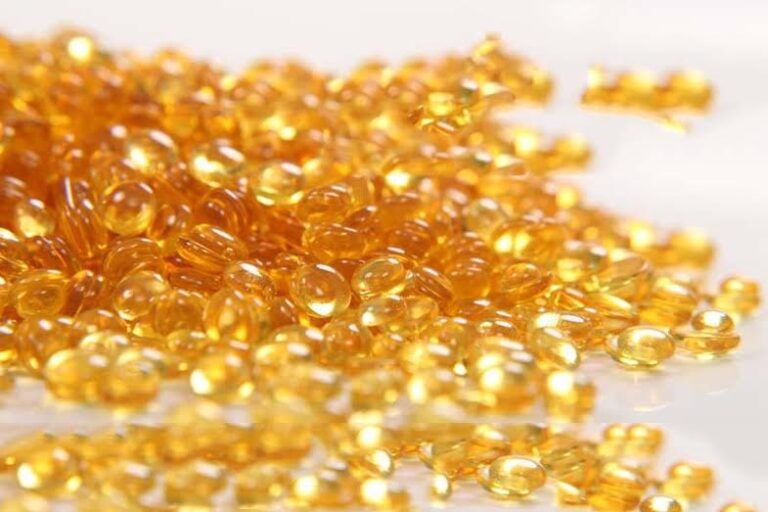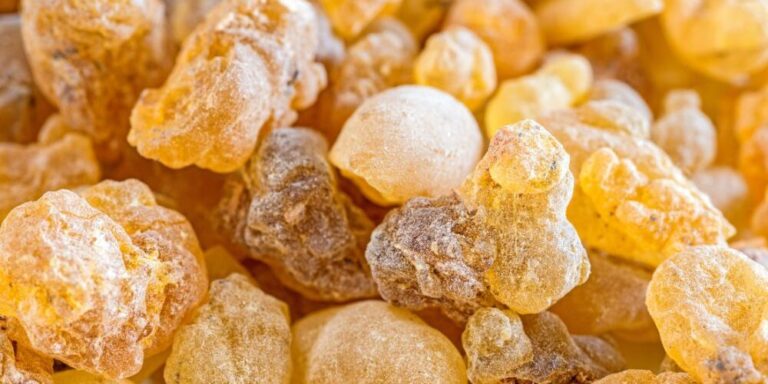Phenolic resin is a versatile and widely used synthetic polymer known for its excellent heat resistance, mechanical strength, and chemical stability. It has a wide range of applications, particularly in the coatings and printing ink industries, due to these valuable properties.
What is Phenolic Resin?
Phenolic resin is made by the reaction of phenol with formaldehyde. This thermosetting polymer is known for forming strong, durable bonds and its ability to withstand high temperatures and harsh environments. There are two main types of phenolic resins:
- Novolac Resins: These are made with an excess of phenol and require a curing agent to set. Novolac resins are often used in applications that need extra strength and stability.
- Resole Resins: These are self-curing, made with an excess of formaldehyde, and are typically used in coatings and adhesives due to their faster curing times.
Uses in the Coating Industry
In the coatings industry, phenolic resins are valued for their durability and protective qualities. They are used in:
- Protective Coatings: Phenolic resins provide excellent resistance to chemicals and moisture, making them ideal for protective coatings in harsh environments, such as industrial plants and marine settings.
- Heat-Resistant Coatings: Due to their ability to withstand high temperatures, phenolic resins are used in coatings for appliances and machinery that operate under extreme heat.
- Corrosion-Resistant Coatings: These resins offer superb protection against corrosion, making them suitable for use on metal surfaces and structures that need long-term durability.
Uses in the Printing Ink Industry
Phenolic resins also play a crucial role in the printing ink industry, where they contribute to the quality and performance of inks. Key applications include:
- Heatset Inks: Phenolic resins are used in heatset inks, which are dried using heat. Their heat resistance ensures that the inks do not degrade during the drying process, maintaining vibrant colors and clarity.
- Packaging Inks: These resins provide the necessary adhesion and gloss for inks used on packaging materials, ensuring that labels and graphics remain clear and durable during handling and storage.
- Offset Printing Inks: In offset printing, phenolic resins help improve the ink’s adhesion to paper, resulting in sharp and precise images.
Advantages of Phenolic Resin
Phenolic resins offer several advantages in these industries:
- High Thermal Stability: Their ability to withstand high temperatures without losing structural integrity makes them ideal for applications requiring heat resistance.
- Chemical Resistance: Phenolic resins resist a wide range of chemicals, making them suitable for coatings and inks exposed to harsh substances.
- Mechanical Strength: They provide strong adhesion and durability, essential for maintaining the integrity of coatings and printed materials.
- Versatility: Available in various formulations, phenolic resins can be tailored to meet specific performance requirements, making them highly adaptable to different industrial applications.
Conclusion
Phenolic resin material is critical in the coatings and printing ink industries, offering unique properties that enhance the performance and durability of products. Its resistance to heat, chemicals, and mechanical stress makes it a preferred choice for many applications, ensuring that coatings and inks meet the demanding needs of modern industries.

